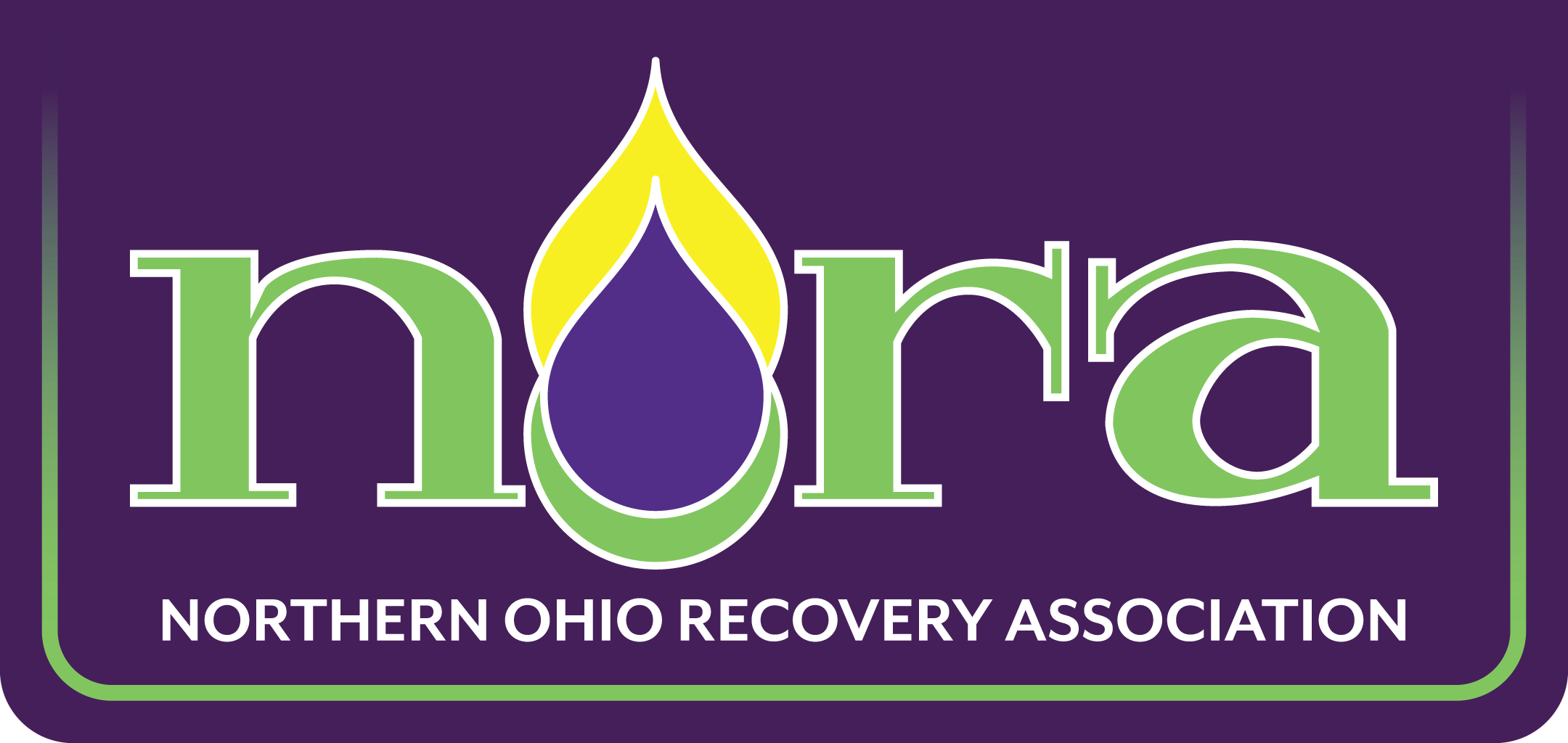ASSERTIVE COMMUNITY TREATMENT
Intensive and comprehensive treatment services provided by a multi-diciplinary team to individuals that suffer from severe mental illness and substance abuse.
HOW DOES THE CARE TEAM COLLABORATE WITH ONE ANOTHER SO THAT I CAN BE SUCCESSFUL?
Your care team is comprised of culturally competent, highly-qualified treatment professionals who collaborate to provide you with a comprehensive treatment program. This team includes an ACT Team Leader, ACT Peer Supporter, ACT Care Coordinator, ACT Employment Specialist, and ACT Therapist.
The Assertive Community Treatment (ACT) team meets daily to discuss important information for each client. Team members also meet once a week as a group with other treatment providers to monitor each client’s progress and make recommendations to improve the overall functioning of each client.
Psychiatrists, nurses, mental health and substance abuse professionals, and employment specialists join together to give clients ongoing, individualized care. This individualized care facilitates successful and independent mental health and substance abuse management while providing 24/7 resources to ensure that clients have access to critical resources when they need it.
WHAT IS THE ASSERTIVE COMMUNITY TREATMENT (ACT) PROGRAM?
Assertive Community Treatment (ACT) is a multidisciplinary team approach with assertive outreach in the community. The consistent, caring, person-centered relationships have a positive effect upon outcomes and quality of life.

This program has proven to benefit clients through:
• Decreased hospitalizations
• Increased housing stability
• Improved quality of life
• Comprehensive care to effectively assist in more independence
• Supported employment and individualized placements
• Increased client advocacy
• Decreased substance misuse
• Improved mental health management skills
• Improved family relationships
WHAT IS THE ASSERTIVE COMMUNITY TREATMENT (ACT) PROGRAM CRITERIA?
Individuals admitted into the Assertive Community Treatment (ACT) program must have one of the following primary diagnoses: Schizophrenia, Bipolar Disorder, Major Depressive Disorder with psychotic features, or Schizoaffective Disorder in addition to the following criteria:
• The presence of functional deficits in two of the following areas:
– Vocational and educational – inability to be employed or an ability to be employed only with extensive support; or deterioration or decompensation resulting in inability to establish or pursue educational goals within normal time frame or without extensive support; or inability to consistently and independently carry out home management tasks;
– Social skills – repeated inappropriate or inadequate social behavior or ability to behave appropriately with extensive support; or consistent participation in adult activities with extensive support or when involvement is mostly limited to special activities.
– Activities of daily living – inability to consistently perform the range of practical daily living tasks required for basic adult functioning in three of the following:
– grooming, hygiene, washing clothes, meeting nutritional needs
– care of personal business affairs
– transportation and care of residence
– procurement of medical or housing services
• The individual has a history of high utilization of psychiatric hospitalization, emergency services, or criminal justice system:
– Two or more admissions to psychiatric inpatient hospital setting during the past twelve months, or
– residing in an inpatient or supervised residence, but clinically assessed to be able to live in a more independent living situation if intensive services are provided
– Two or more occasions of utilizing psychiatric emergency services during the past twelve months, or
– has been unsuccessful in using traditional office-based outpatient services
– persistent or recurrent severe psychiatric symptoms
– coexisting substance use disorder of more than six months in duration
– Significant difficulty meeting basic survival needs within the last two years, or
– History within the past two years of criminal justice involvement including, but not limited to, arrest, incarceration, or probation

• The individual is 18 years of age at the time of ACT enrollment
• Must meet Medicaid ACT eligibility
PROGRAM GOALS
With ACT, clients will benefit most because they are hospitalized less often and they have more stable housing.







